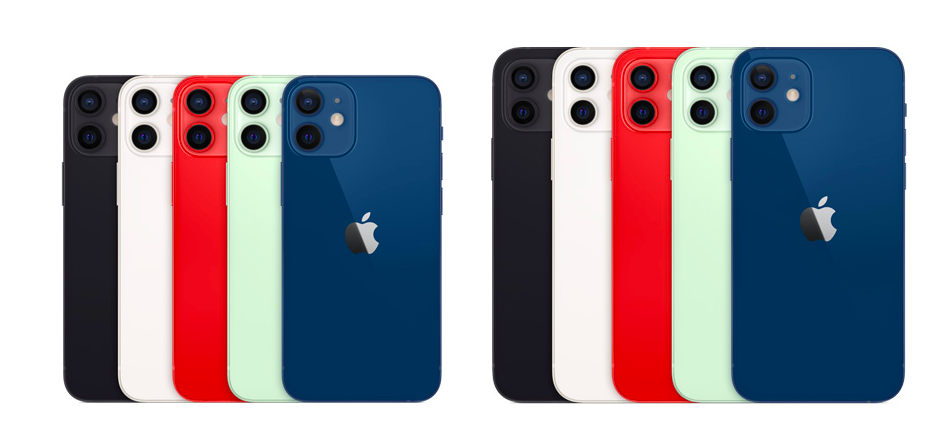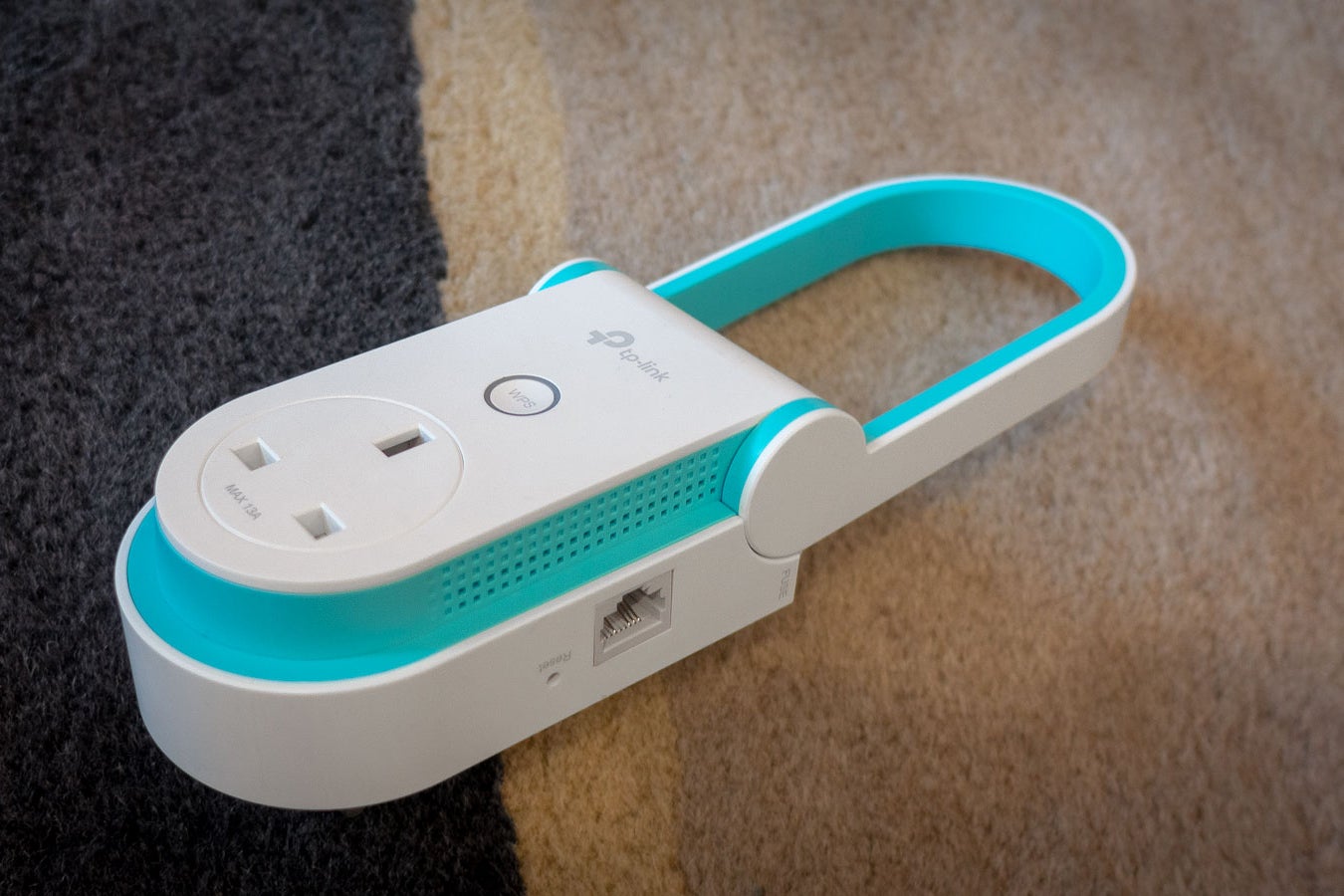The latest iPhone supports both millimeter wave and sub-6 5G
It’s finally here: Apple announced the iPhone 12, iPhone 12 Pro, iPhone Pro Max and iPhone 12 mini, the first models in the series to support 5G, during a launch event yesterday. With this news, Apple has officially entered the 5G playing field, which is expected to significantly drive interest and adoption around the next generation of cellular technology.
As further indication of how significant this news is as it pertains to 5G itself, Verizon CEO Hans Vestberg was also at the event to announce the carrier’s nationwide launch of its sub-6 5G network.
Prior to releasing the iPhone 12 models, all of which support both millimeter wave and sub-6 5G, Apple said it tested 5G performance with 100 carriers across 30 countries.
The specific 5G bands supported are: n1 (2100 MHz), n2 (1900 MHz), n3 (1800 MHz), n5 (850 MHz), n7 (2600 MHz), n8 (900 MHz), n12 (700 MHz), n20 (800 DD), n25 (1900 MHz), n28 (700 APT), n38 (TD 2600), n40 (TD 2300), n41 (TD 2500), n66 (AWS-3), n71 (600 MHz), n77 (TD 3700), n78 (TD 3500), n79 (TD 4700), as well as the mmWave bands, n260 (39 GHz) and n261 (28 GHz).
All models of the iPhone 12 support Gigabit LTE with 4×4 MIMO and LAA, Wi‑Fi 6 (802.11ax) with 2×2 MIMO, Bluetooth 5.0 wireless technology, Ultra Wideband chip for spatial awareness, NFC with reader mode and Express Cards with power reserve.
The Pro and Pro Max support FDD‑LTE, TD‑LTE, CDMA EV‑DO Rev. A (800, 1900 MHz), UMTS/HSPA+/DC-HSDPA (850, 900, 1700/2100, 1900, 2100 MHz) and GSM/EDGE (850, 900, 1800, 1900 MHz) frequency bands.
All models are equipped with a rechargeable lithium-ion battery, as well as a “smart data mode,” which uses LTE when your current activity doesn’t demand 5G speeds, to balance network performance with battery life.
The smartphone is powered by the new A14 Bionic processor, which Apple claimed is the first smartphone chip built on a 5nm process and is “up to 50 percent faster” than the leading chips in Android smartphones.
Lastly, the latest iPhone has a built-in GPS and supports a number of location technologies, including GLONASS, Galileo, QZSS, and BeiDou, Digital compass and iBeacon micro-location.
In addition, the iPhone 12 offers advanced camera capabilities and and update to its wireless charging in the form of a new magnetic charging coil design that allows compatible accessories to snap onto the back.
The smartphone comes in black, white, blue, red and green and pricing starts at $829.













